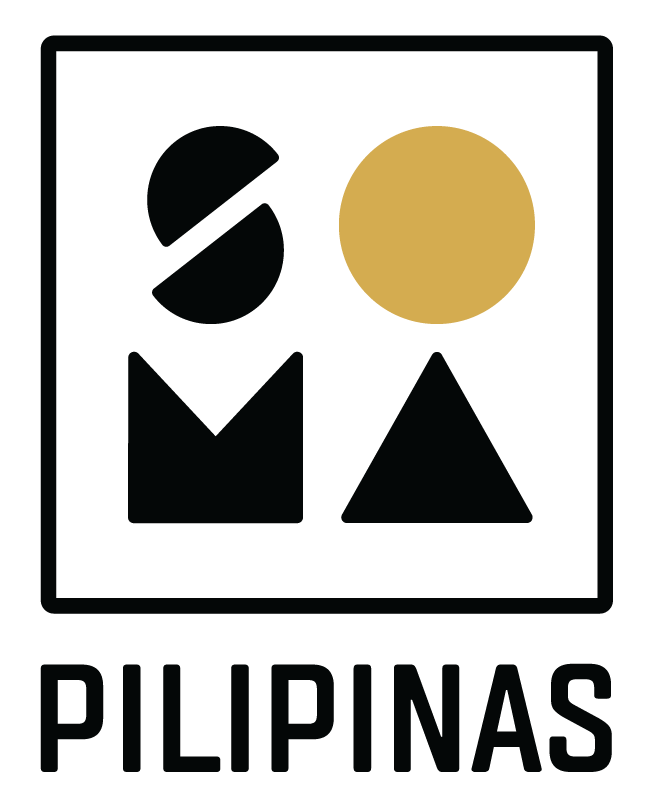FADF - Filipino-American Development Foundation
The Filipino-American Development Foundation (FADF) is a nonprofit organization founded in 1997 by a group of Filipinos who have worked with the San Francisco Filipino community. Mario A Borja, M.D. was the leading founder with the vision to provide a community space for newly arrived Filipino immigrants who came to America seeking better career and employment opportunities. Dr. Borja immigrated to San Francisco from the Philippines in the 1950s as a newly graduated physician and served as a physician to the growing population of Filipino families in SF with his wife Engracia Escobar, who was also a physician for over 30 years. Dr. Borja was active in the community and encouraged naturalized citizens from the Philippines to vote and to be knowledgeable about the political landscape in San Francisco.
Dr. Borja knew that new immigrants are faced with the challenges of understanding how to find employment, housing, healthcare, and education for their children. Dr. Borja envisioned a center that would bring together services to enhance the economic, health, legal, educational and cultural needs of the community.
In 1976, Dr. Borja purchased the Delta Hotel located in San Francisco’s South of Market, a neighborhood with one of the highest concentration of Filipino residents in San Francisco. As the owner he also wanted to see this Filipino community center become a space for future generations of Filipino Americans to learn about the history of the struggles of the Filipino immigrants as well as the Filipino culture, traditions, and heritage.
In 1993, Dr. Borja took over the management of the Delta Hotel and began providing low cost housing to the growing population of Filipino WWII veterans that were granted U.S. citizenship upon their arrival to America after the passage of the Immigration and Naturalization Act of 1990. In March 1997, Dr. Borja registered FADF Corporation with the IRS as a nonprofit and began plans to establish the community center on the ground floor of the Delta Hotel. However, in August 1997, a big fire damaged the entire building. Dr. Borja’s desire to continue providing affordable housing to the WWII veterans could only be realized if the building was sold to a nonprofit housing developer. TODCO – Tenant and Owners Development Corporation was the nonprofit housing developer that had experience developing SROs in South of Market. Dr. Borja decided to sell the building to TODCO on the condition that TODCO develop affordable housing to house the displaced fire victims, rename the housing Bayanhan House, and provide FADF a lease of the ground floor for a $1/year for 20 years to establish the Bayanihan Community Center. By 2001, the housing was complete and by 2005, the Bayanihan Community Center was opened. The Filipino term “bayanihan” describes the mutual support and caring a community provides to each other.
The Filipino American Development Foundation exists to strengthen the social, physical, and economic well being of the Filipino American community and the South of Market community with special attention to the underserved segments of the community.
FADF's Mission will accomplish this by:
- Increasing awareness and knowledge about the Filipino American community through participation in educational and cultural programs.
- Increasing access to a wide range of economic, health and social services through collaboration with existing programs and the development of culturally appropriate services.
- Providing a community space to strengthen community ties, to facilitate the sharing of resources and expertise among service providers in SOMA, and to build leadership skills and the capacity of service providers to effectively provide relevant social services to the community.
Our vision is to provide the necessary support to strengthen and empower Filipino Americans to nable them to develop resources and assets that can benefit the local and broader community. We believe that the Filipino cultural value of bayanihan, which means mutual assistance and mutual caring, can be the catalyst for engaging the Filipino American community to self-development and broader participation.

